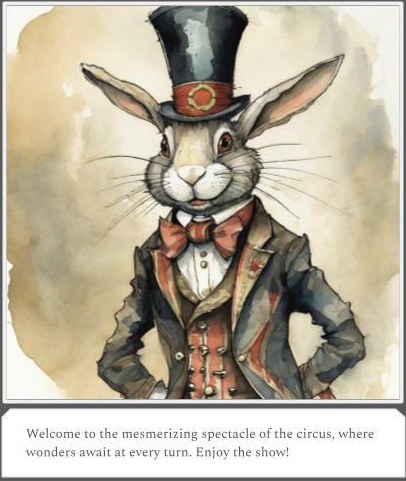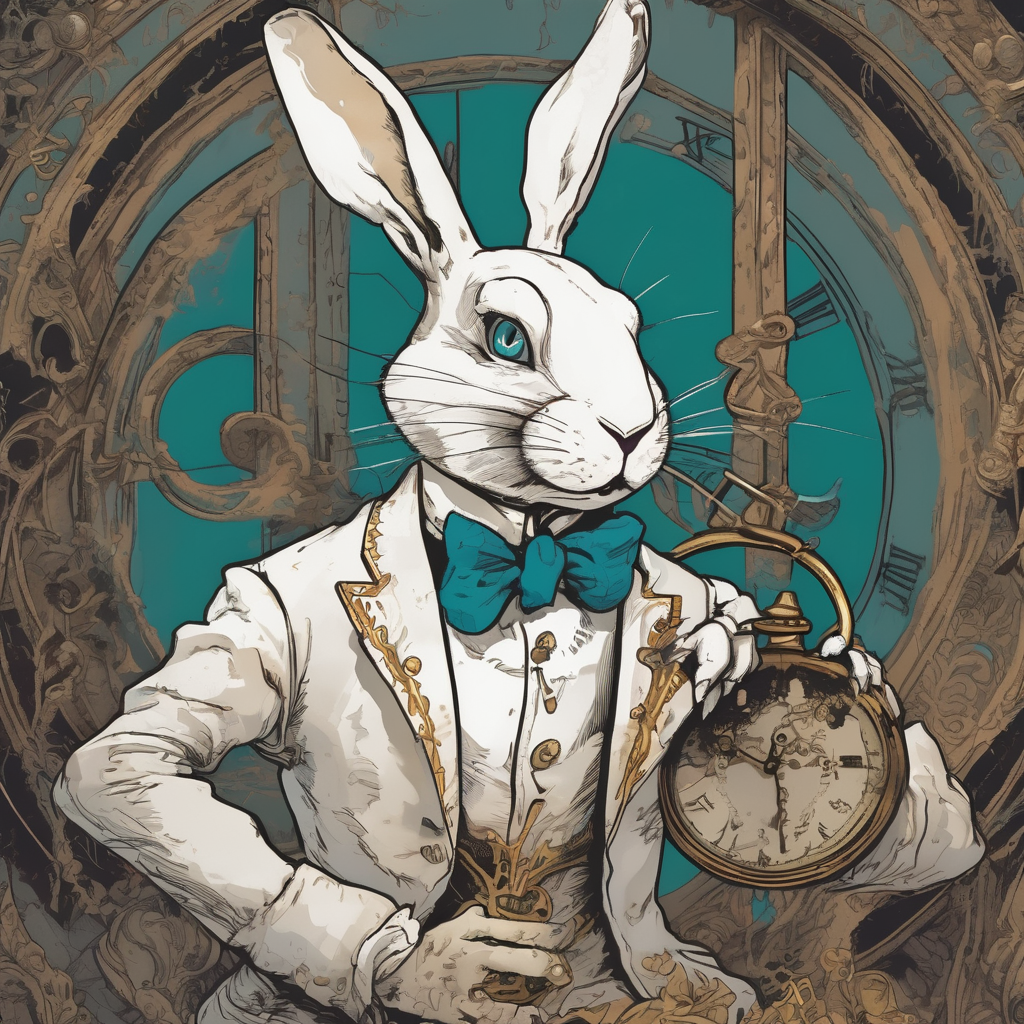
Enjoy the Ride!
The journey could be seen as a gradual process of integration and expansion, where the self gradually sheds its illusion of absolute separation and discovers its essential interconnectedness with the group and the universal consciousness that underlies all of existence.
The progression, might involve a series of initiations and levels of understanding - starting perhaps with the more primal, instinctual forms of consciousness found in the mineral, plant, and animal kingdoms, and then gradually ascending through the increasing complexity and self-reflective capacities of the human realm.
At each stage, mastering specific lessons, skills, and energetic resonances of that particular "level" or domain of being. This could involve everything from developing a deep rapport with the natural cycles and elemental forces, to cultivating sophisticated intellectual and emotional intelligences, to ultimately transcending the limits of the ego and merging into the infinite expanse of the universe. A dynamic, cyclic process of descent and ascent, death and rebirth. The soul may cycle through multiple incarnations, taking on different forms and identities, in order to fully integrate the lessons and potentials of each domain. The collective field of consciousness that serves as both the container and the catalyst for this evolutionary process.
The individual soul is not alone, but rather part of a vast, interconnected lattice of psyches, all mutually influencing and enriching one another on the journey back to wholeness.

Passage of Time
As the seasons of life inevitably progress, one is compelled to contemplate the nature of time itself—a most profound and relentless force that shapes our existence. In youth, time appears to stretch infinitely before us, a vast expanse filled with promise and potential. Each moment is imbued with the vibrancy of possibility, urging us to seize opportunities with fervor.
Yet, as the years unfold, one begins to perceive time as both a companion and a thief. The present, once a fleeting whisper, transforms into a cherished treasure, each second a reminder of the vitality we once took for granted. It is in this realization that we confront the paradox of aging: the very gift of wisdom and experience is accompanied by the sorrow of what is lost.
In reflection upon the past, we find our memories—those fleeting echoes of joy, sorrow, and growth. Each recollection serves as a testament to our journey, a tapestry woven from the threads of our choices and experiences. It is essential to acknowledge these moments, for they shape our understanding of self and inform our present.
Yet, the present is not merely a bridge to the past; it is a realm of action and agency. We possess the power to shape our lives, to embrace new experiences, and to forge connections that transcend time. The choices we make today echo into the future, resonating with the potential to create meaning and purpose.
As we ponder the possible futures that await us, it becomes clear that the essence of life lies not in the accumulation of years, but in the richness of our experiences and the depth of our relationships. The future, though uncertain, is a canvas yet to be painted, inviting us to envision a reality where our aspirations and ideals take form.
Thus, let us embrace the passage of time with grace and courage. For in the dance between past, present, and future, we find our humanity—a testament to resilience, reflection, and the relentless pursuit of understanding. In doing so, we affirm that while time may age the body, it is our spirit, our thoughts, and our actions that ultimately define the essence of our lives.
“Do not be afraid; our fate Cannot be taken from us; it is a gift.” ― Dante Alighieri, Inferno
Comments
Post a Comment